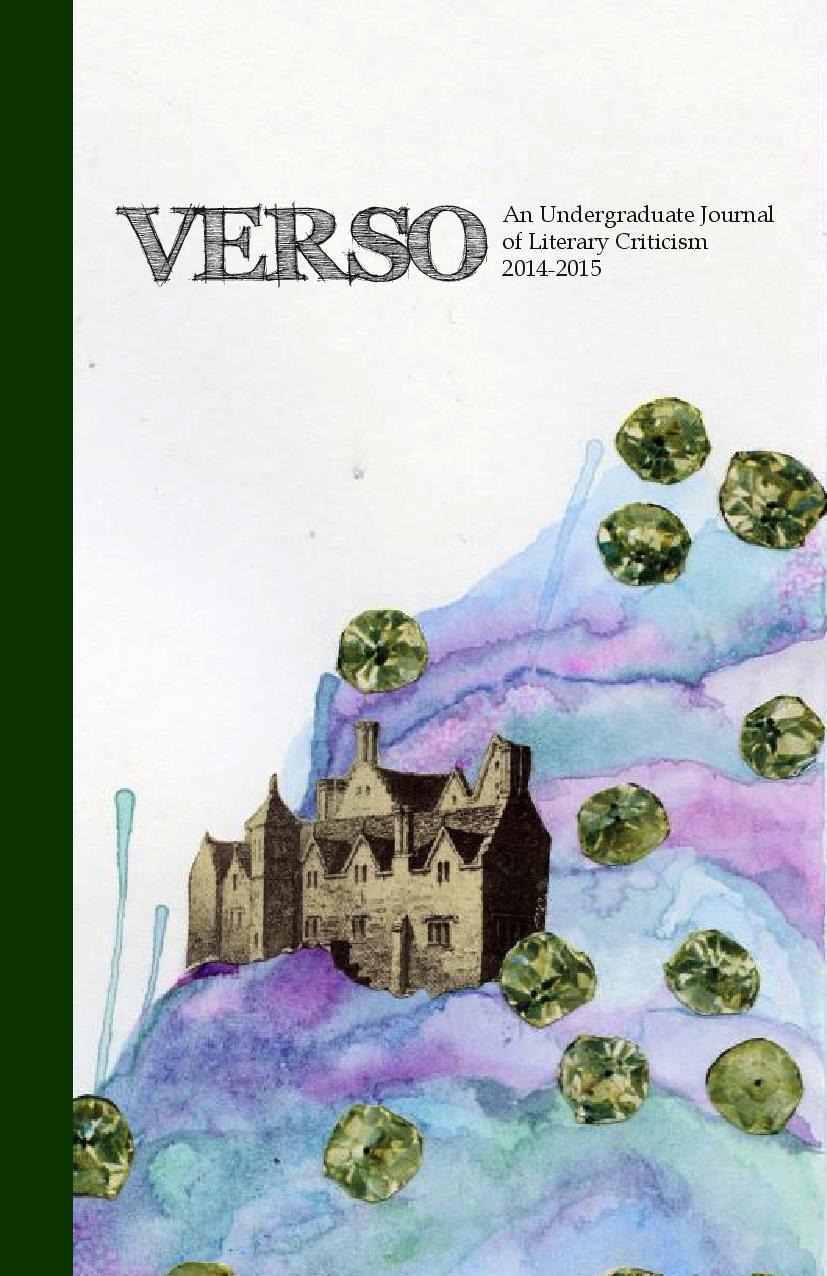"To please his mother": A Re-evaluation of Psychoanalytic Characterization in Coriolanus
Abstract
“The fundamental point of psychoanalysis is that desire is not something given in advance,” writes Slavoj Š½iŠ¾ek, “but something that has to be constructed.” Zach Ackerson‘s sophisticated reading of Shakespeare‘s Coriolanus employs Freudian and Lacanian vocabulary, testifying to the vitality of “critical psychoanalytic re-evaluations” (to borrow Ackerson‘s precise classification). It also invites a possible rewording of Š½iŠ¾ek‘s formulation, one that substitutes “close reading” for “psychoanalysis” and “critical understanding” for “desire.” Constructing his argument out of the relative lack of scholarly attention to the title character‘s paternal side, Ackerson animates the play‘s Oedipal theme. What emerges from his analysis is a Coriolanus whose tragedy can be traced to an “intricate and distorted Oedipus complex.” This succinct and well-substantiated characterization satisfies the desire of any theory that aspires to be considered critical—it cannot be taken for granted in subsequent encounters with the text.
—Geordie Miller

